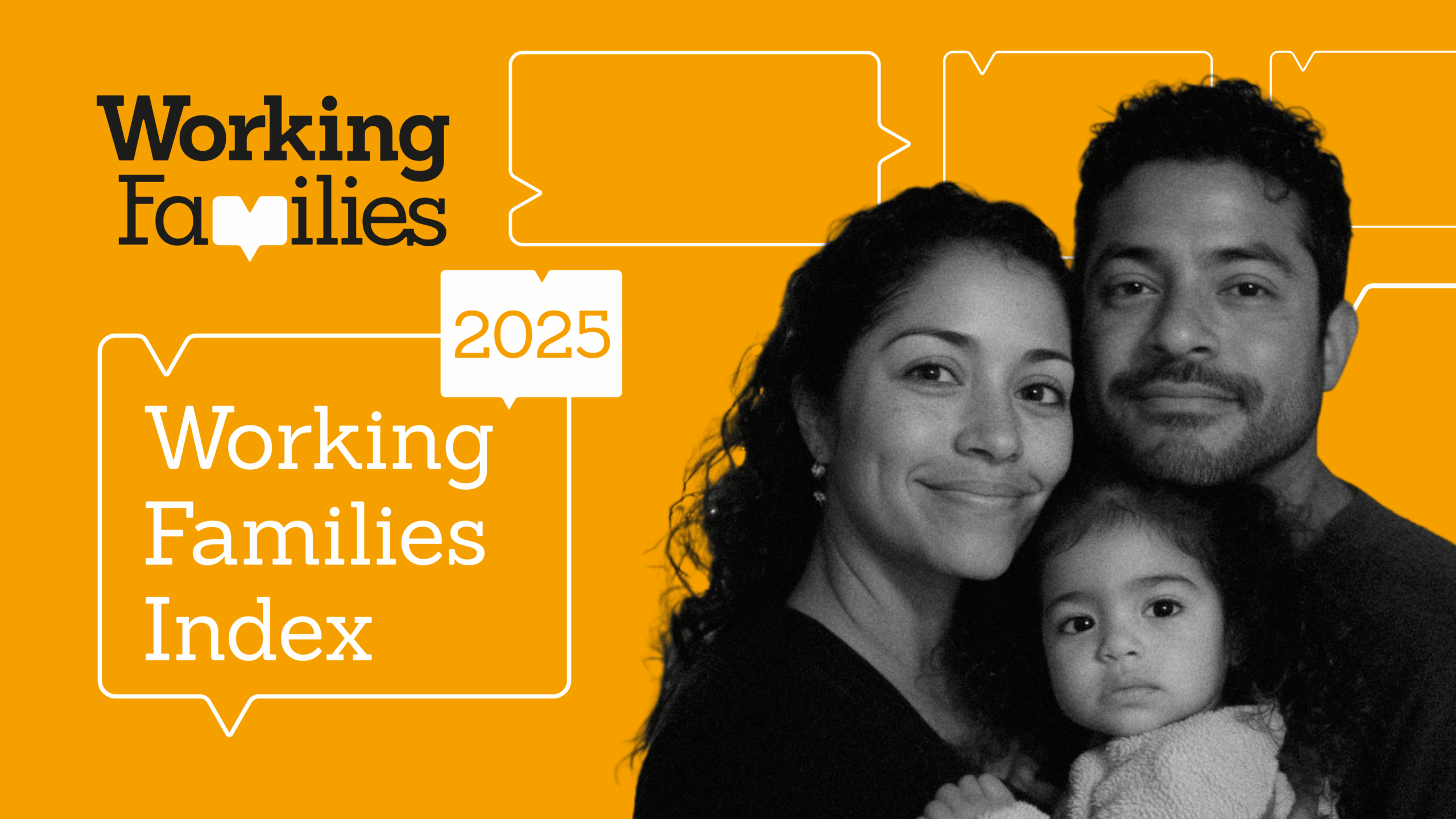
The Working Families Index is the most comprehensive study of the experience of work and family life in the UK.
The large-scale social survey, the Working Families Index, returns to provide a snapshot of work and family life in modern Britain. The report, based on the responses of over 3,000 parents, reveals the everyday struggles to get the flexible working, parental leave and affordable, quality childcare they need, as well as the transformative effects and opportunities flexible and family-friendly working can bring.
Key findings
Parental leave is lacking
Parents aren’t taking the time they need with their baby. 4 in 10 mothers didn’t feel they took the time they need with their new baby, and fathers who felt they had enough parental leave took three and a half weeks more on average than those who felt they didn’t. Whilst some parents have no access to parental leave at all:
- 21% of fathers and 14% of mothers were not entitled to parental leave
When enhanced leave is available, parents take it.
- 6 in 10 fathers taking more than six weeks leave had enhanced leave
- Mothers who had enhanced leave took on average six weeks more than those that didn’t
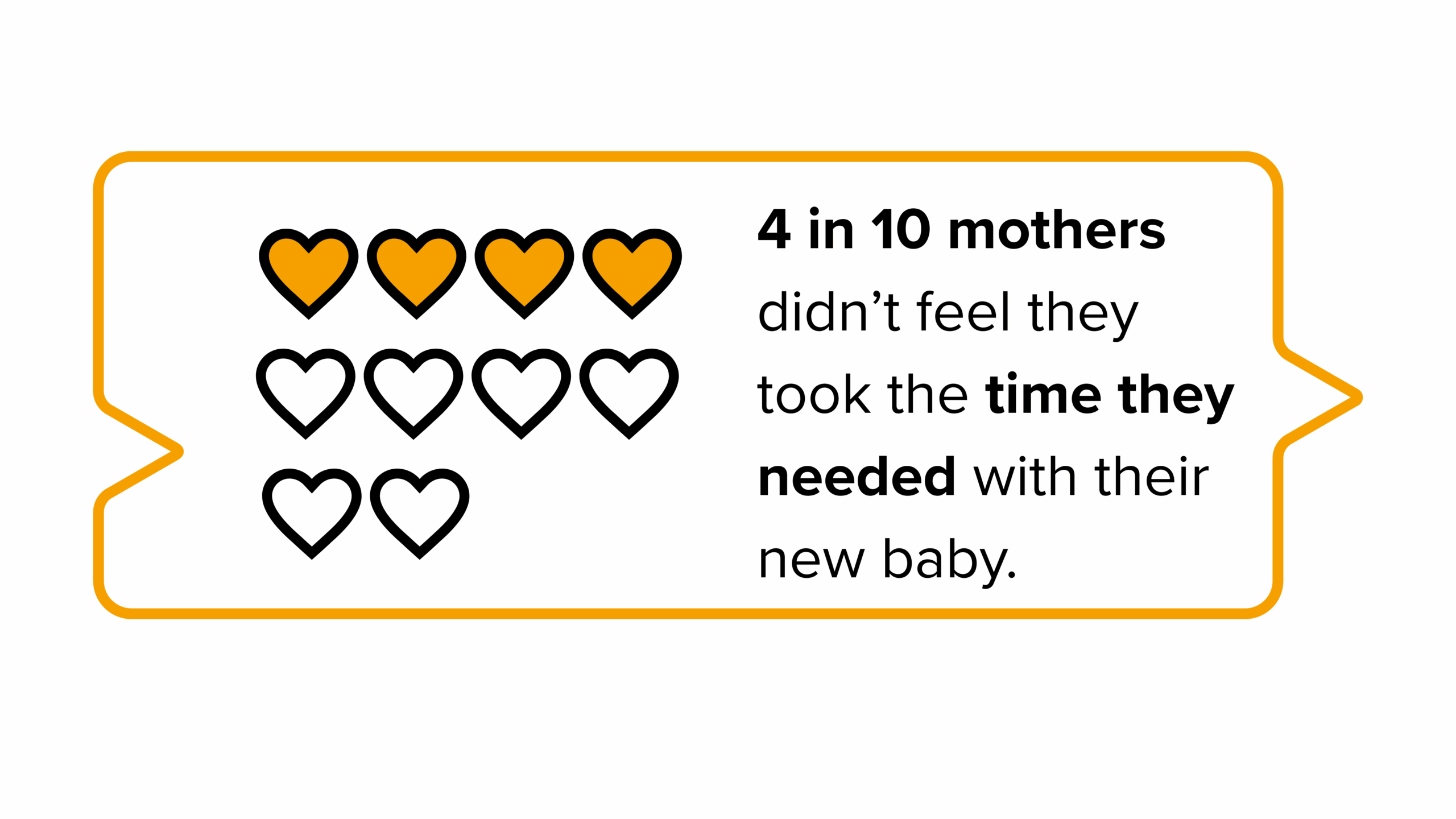
Finances holding families back
Financial pressures are impacting families from the get-go, with money worries preventing parents taking the time they need with their baby, and draining resources or pushing families into debt to pay for childcare.
- Almost half of parents (47%) reported they were not able to take as much time as they would have liked due to financial concerns.
- When there were concerns about money, mothers were driven to return to work eight weeks before others.
- 7 in 10 fathers who took less than two weeks paternity leave said it was because they were worried about money.
- Almost 2 in 10 families have gone into debt and over 3 in 10 have used their savings to cover childcare costs.
- 4 in 10 parents report that cost prevents them from using as much formal childcare they’d like
- 6 in 10 families say accessing the childcare they need puts a strain on their finances
- The message about support for childcare isn’t reaching all the parents that need it, with 4 in 10 of those unaware of the government funded free childcare scheme using less childcare than they need due to cost.
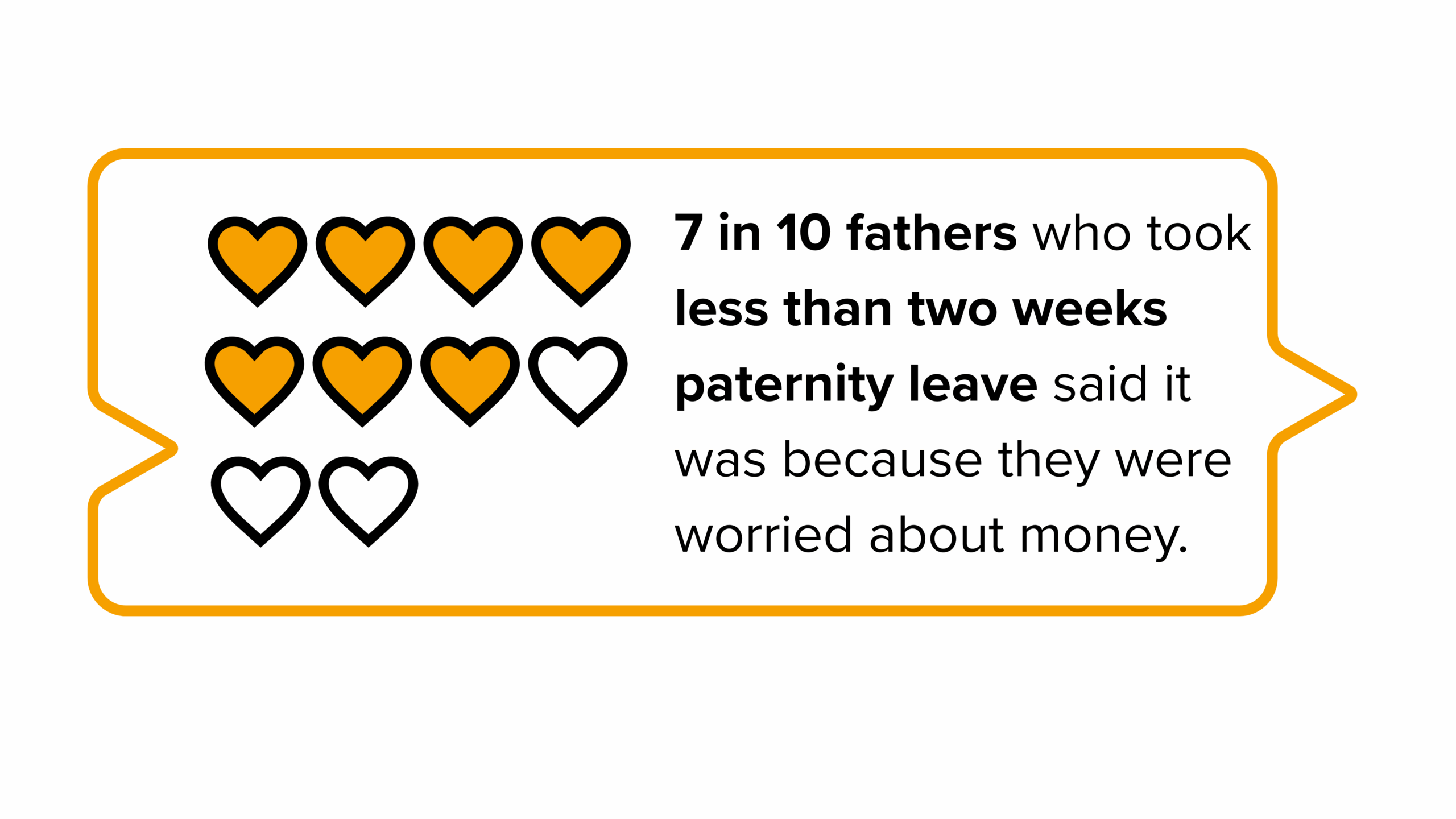
Childcare challenges
Gaping holes in the childcare system mean parents use less childcare than they need, and accessing childcare needed is putting parents under strain and preventing them from progressing in the workplace.
- Less than half of parents (45%) report they can easily access the formal childcare they need
- 4 in 10 parents and over half of solo- and co-parents say finding childcare has negatively influenced their mental health
- A third of parents have reduced their hours to manage childcare
- Almost 9 in 10 (87%) of parents agreed they would carefully consider childcare options before applying for a promotion or a new job
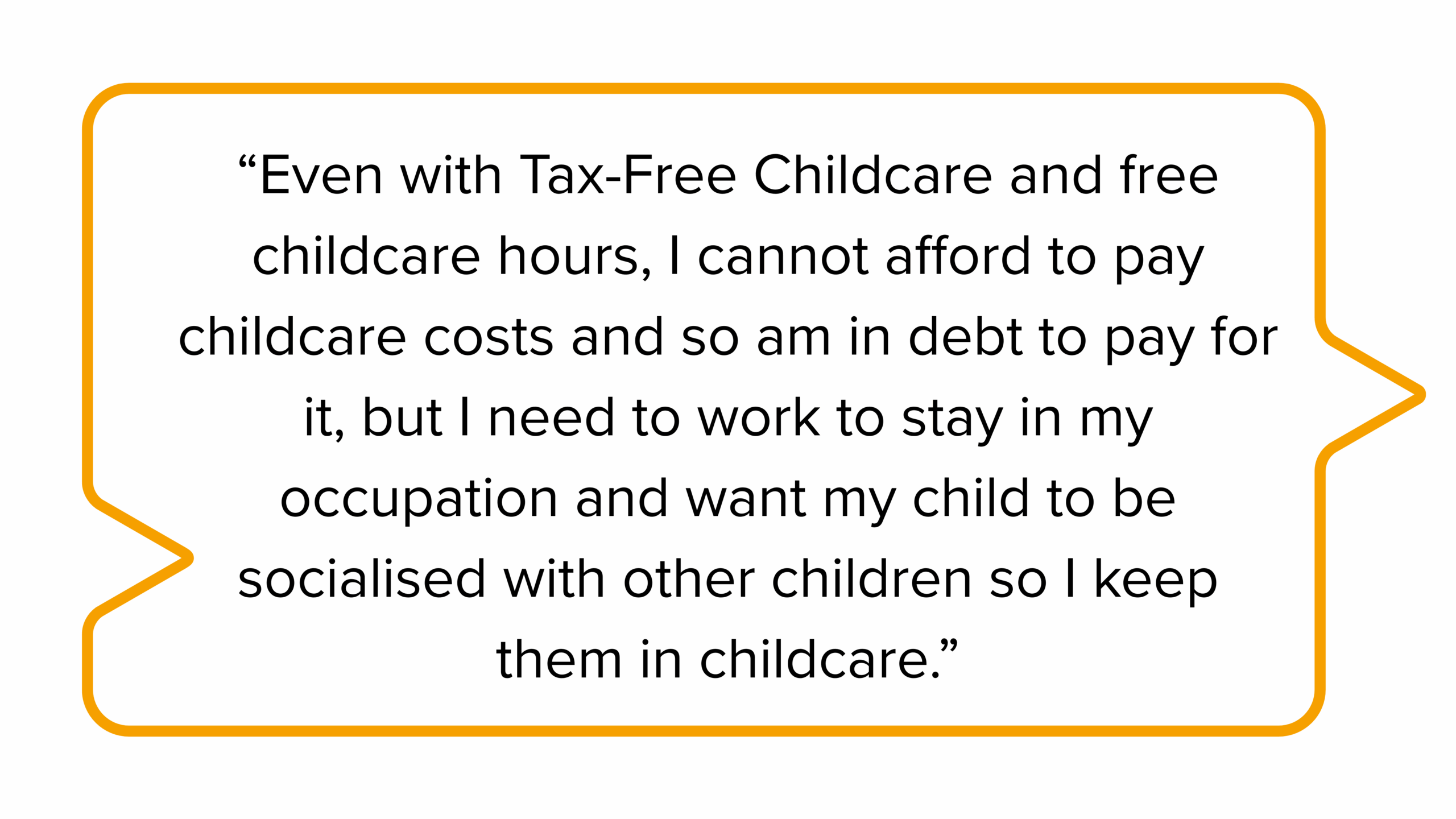
Flex isn’t working for everyone
Although flexible working is widespread, there remains unmet demand from those who do not work flexibly and a lack of transparency around flexible working options in job advertisements discourages parents from changing jobs. Boundaries between home and work life are eroding, and those who work shifts are faced with additional stress of short-notice.
- Almost three-quarters (73%) of those not currently working flexibly would like to
- Over half of parents who weren’t working flexibly were not aware of the new right to request flexible working, and 60% of these parents said they would be likely to use it in the future
- 31% of those who were not aware of the right to request flexible working said they had not applied for a job because flex wasn’t specified in the advert
- Over half of parents surveyed had not applied for a job they’d seen advertised as it didn’t offer flexibility in the advert. This rose to 6 in 10 parents who receive Universal Credit and 6 in 10 parents in receipt of Carers Allowance.
- 68% of parents said they’re likely to stay in their job because they won’t be able to get the flexibility elsewhere
- Almost half (46%) of parents reported finding it hard to maintain boundaries between work and home life
- More than a quarter (27%) of parents working shifts are given less than a week’s notice
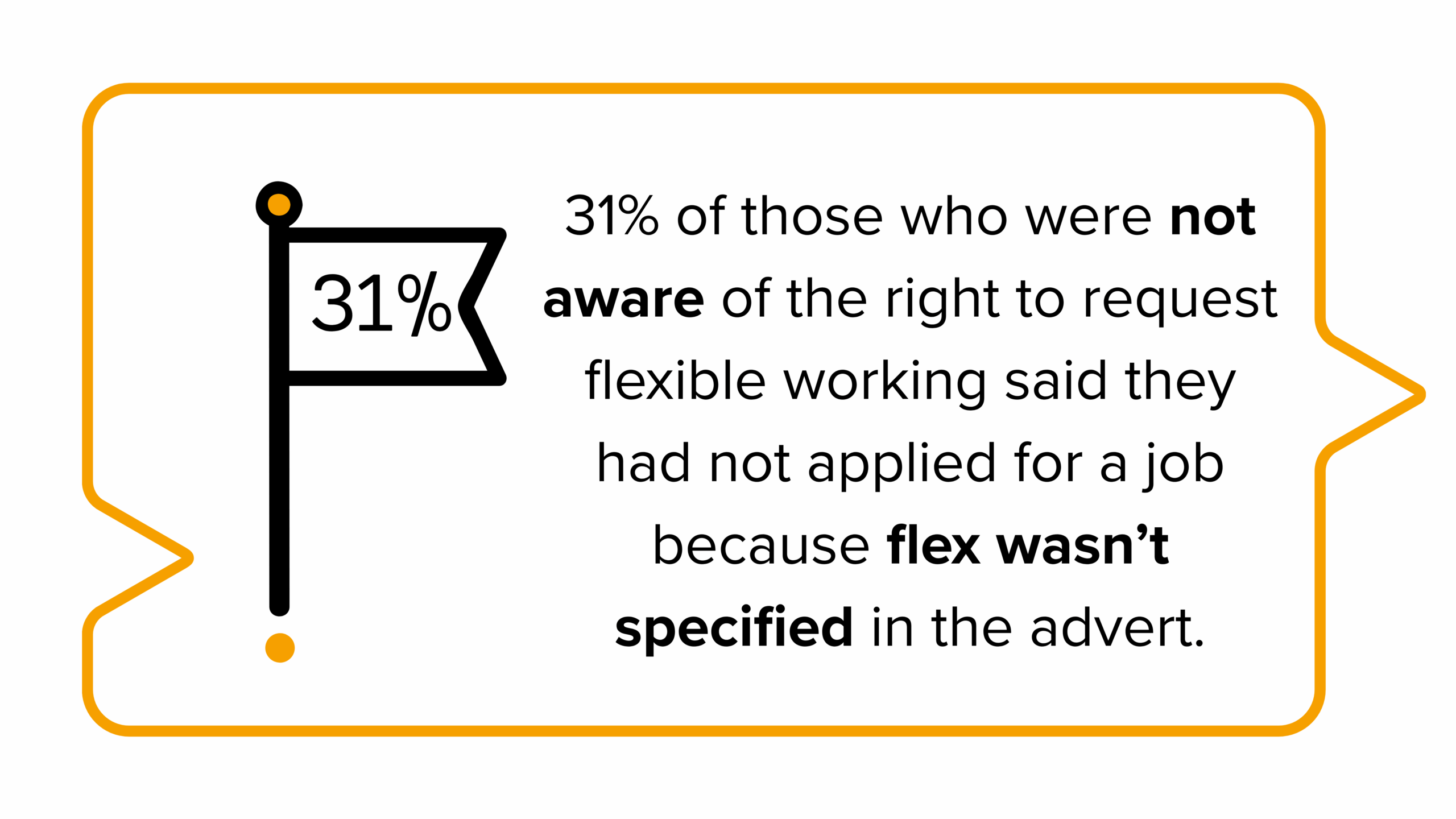
Over-working is commonplace
With 7 in 10 mothers and 8 in 10 fathers reporting working additional hours, they appear to be an essential way of coping with workload or the cost of living.
- Almost a third (29%) of all parents saying they do so to increase their earnings
- 1 in 5 mothers and 1 in 4 fathers say working additional hours beyond their contract is the only way to manage their workloads
- 1 in 5 fathers report that working additional hours is valued at their organisations and important for career progression
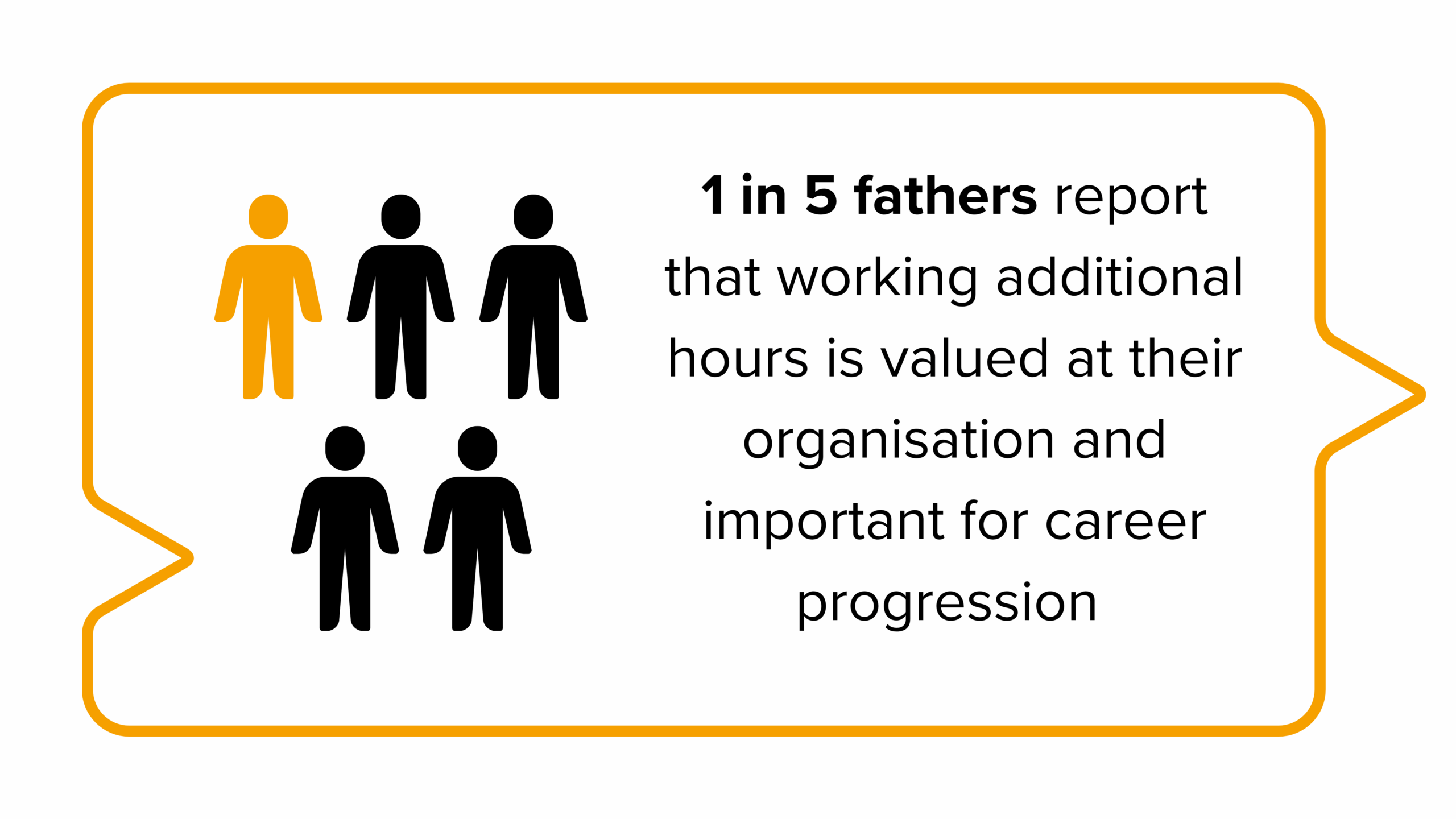
Flex has its benefits
When given the opportunity to work in a flexible and family-friendly way, employers benefit from increased loyalty.
- 73% of parents said working flexibly has increased their loyalty to their current employer
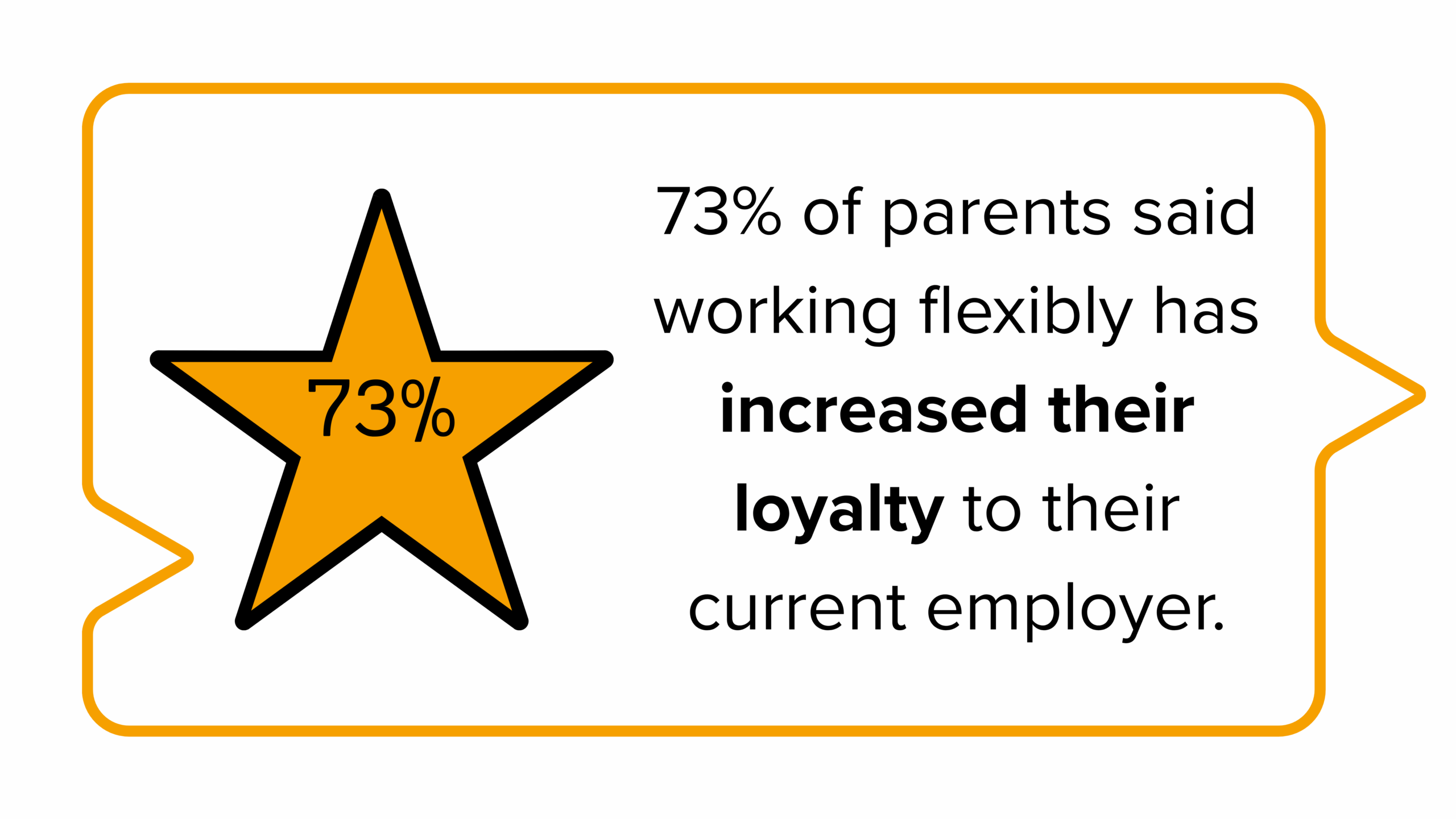
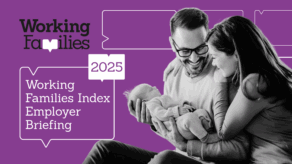
Working Families Index 2025 – Employer Briefing
In this briefing we highlight the key findings of the 2025 Working Families Index alongside actions that can be introduced in your workplace to empower employees to meet their caring and work responsibilities and fulfil their potential within your organisation.
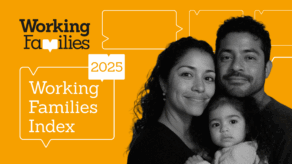
Parents Cut Leave Short as UK Parental Leave System Fails New Families
The UK’s parental leave system is failing new families, with financial pressures and patchy entitlements leaving parents unable to take the time they need to care for their newborns.
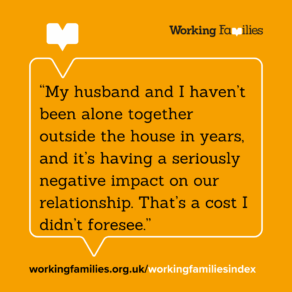
Working Families Index: voices from our Parents and Carers Advisory Panel
Our advisory panel is made up of almost 30 parents and carers who volunteer their time to share insights that inform our work. Much of their experience of parenting and caring chime with the findings from Working Families Index 2025, and so we’re sharing their voices to bring to life the everyday challenges facing parents and carers.
Previous Reports
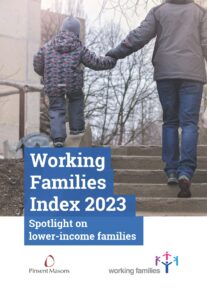
Working Families Index 2023 – Spotlight on lower income families
The Working Families Index 2023 report, in partnership with Pinsent Masons, shines a spotlight on the financial challenges faced by lower-income families in the UK. The report highlights the impact of the cost-of-living crisis on families, particularly in terms of childcare costs.
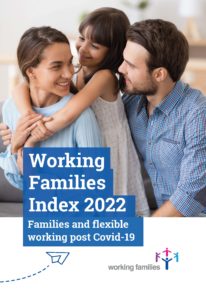
Working Families Index 2022 – Highlights report
The Working Families Index is the most comprehensive study of the experience of work and family life in the UK. Based on a survey of 2,806 parents and carers in late 2021, it examines finances, working arrangements, managing and sharing childcare, and personal wellbeing – and tracks their development over time.
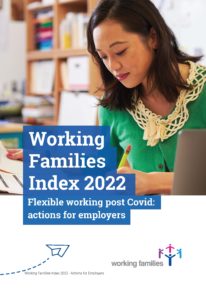
Working Families Index 2022 – Employer action briefing
Written specifically for employers, this briefing takes the findings of the Working Families Index and turns them into actionable recommendations to improve flexible and family-friendly practices across all sectors.